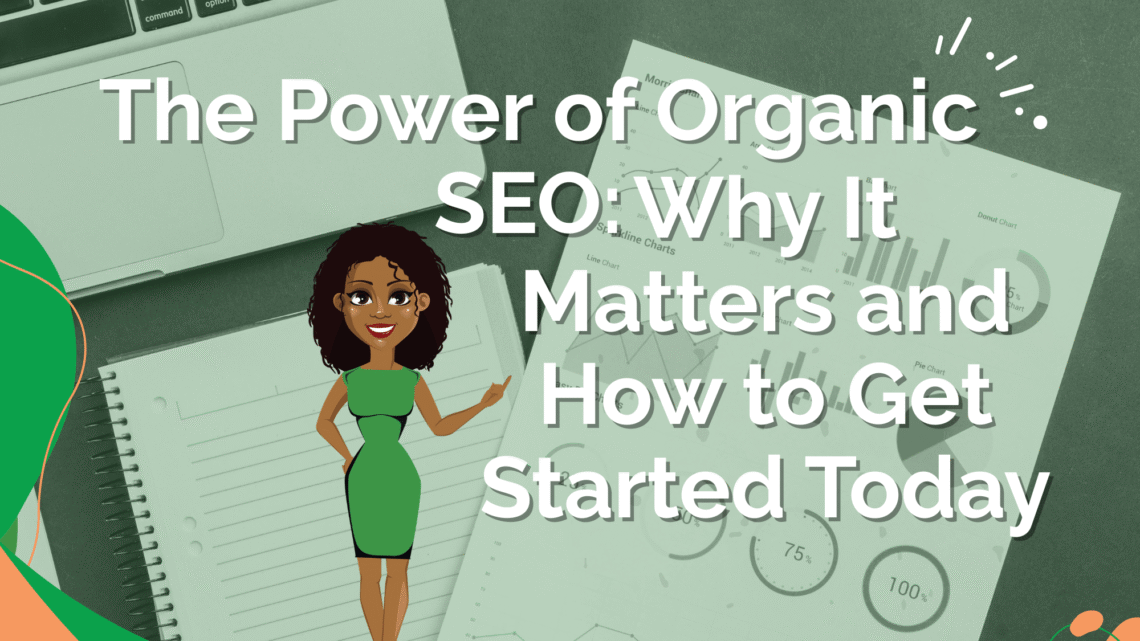
In a world overflowing with digital ads and sponsored content, organic SEO remains one of the most trusted, cost-effective ways to grow your online presence.
If you’ve been relying solely on paid ads or waiting for word-of-mouth to work its magic, it’s time to rethink your strategy. Organic SEO not only drives traffic—it builds long-term authority, trust, and visibility without the recurring cost of advertising.
Here’s what you need to know about organic SEO, why it’s worth your attention, and how to start optimizing your website today.
What Is Organic SEO?
Organic SEO (Search Engine Optimization) is the process of optimizing your website and content to rank higher in unpaid (organic) search engine results. It focuses on providing value to users and aligning your website with the criteria that search engines like Google use to determine rankings.
In short: Organic SEO helps people find your business naturally when they’re searching online.
5 Key Benefits of Organic SEO
- Sustainable Traffic
Unlike paid ads that stop delivering the moment your budget runs out, organic SEO builds traffic over time. Once your content ranks, it can keep driving visitors for months—or even years—with minimal upkeep. - Builds Trust and Credibility
Users tend to trust organic search results more than ads. When your site appears high in search rankings, it gives the impression that your brand is reputable and authoritative. - Cost-Effective
SEO requires time, effort, and possibly professional support—but it’s far more cost-effective than continually paying for clicks. A single blog post can bring in leads for years without additional spend. - Better User Experience
SEO isn’t just about keywords. It’s about fast-loading pages, mobile optimization, clean site structure, and useful content—all of which enhance the visitor’s experience. - Higher Conversion Rates
People who find you organically are often searching with intent. Whether they’re researching, comparing, or ready to buy, they’re more likely to convert if your content matches their needs.
How to Get Started with Organic SEO Today
Step 1: Start with Keyword Research
Identify the words and phrases your audience is actually searching for. Focus on a mix of high-volume terms and long-tail keywords (e.g., “best vegan bakery in Austin”).
Step 2: Optimize Your Website
Ensure your site is:
- Fast-loading and mobile-friendly
- Structured with proper headings
- Clear in its navigation
- Indexable by Google
Step 3: Create Valuable Content
Consider writing helpful articles, how-to guides, FAQs, or case studies that solve real problems for your audience. Each post should target a specific keyword and offer genuine value.
Step 4: Focus on On-Page SEO
Optimize each page/post by including:
- Your target keyword in the title, headings, URL, and meta description
- Internal links to other relevant pages on your site
- External links to credible sources
- Relevant images with alt text
Step 5: Build Backlinks Over Time
Earn links from reputable sites by guest posting, sharing content on social media, partnering with others in your industry, or getting listed in directories.
Step 6: Monitor and Adjust
Use Google Analytics and Google Search Console to track what’s working. Adjust your strategy based on performance—SEO is a long game, but consistency pays off.
It’s Never Too Late to Start
Organic SEO is not an overnight tactic—but that’s what makes it so powerful. The effort you put in today can pay dividends well into the future.
If you’re ready to increase your visibility, attract better-qualified leads, and reduce your dependency on ads, now’s the time to commit to an organic SEO strategy. Start small, stay consistent, and watch your digital presence grow.
Need help with SEO strategy or content planning?




